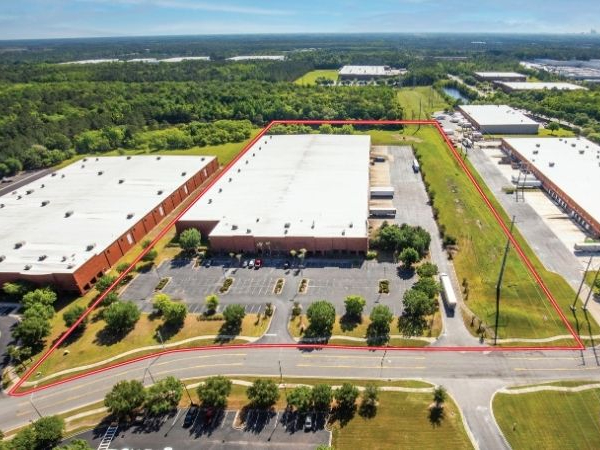CDO Stack: The Role of People
As machines excel at automating tasks, interpreting data and telling the story remains an irreplaceable human skill, writes Deloitte’s John D’Angelo.

I was looking back across several years of topics for this column and realized that, unsurprisingly, I’ve shared plenty of thoughts about the trends I’m seeing across the commercial real estate industry. Most of it was related to what it takes to identify, implement and adopt different technological solutions.

I often talk about the benefit to the company and the purpose of the solution, regularly writing about tech that can automate work being done by people. What I don’t talk about often is what that means for those people. In other words, what do automation and increasingly advanced digital capabilities mean for the people who are left? What can and should people do in an environment with tremendous automation and availability of data?
A few years ago, I was with a client who’s a senior executive at a big private equity real estate investment firm. She’s been in private equity real estate for most of her career and has held roles mostly dealing with acquisition, asset management, portfolio management and investor relations, before holding senior operational and executive roles. We were in Boston and had a 15-minute walk in the financial district, going from one meeting to the next. In that time, she rattled off details in a walking narrative of three deals her company had done in that area, over multiple cycles. Not only did she talk about the deal but she also talked about the seller, JV partners and individuals involved in managing the assets. She talked about whether they still owned the asset, how long they held it if they’d since sold it, and how the company profited from the investment. I’ve been around commercial real estate people for a long time, but that conversation made me realize how difficult it would be to reduce everything she knew to formulas and databases. And I realized how valuable that experience, history, context, knowledge and instincts were to the company as they looked at new deals and considered working with individuals (trust me on this, we work in a very small industry where relationships and reputation matter).
Companies that can shift their human effort to better applications are the ones that will thrive and find differentiation.
I bring this up to illustrate how much rich data was captured in my client’s head and observe how that data helped inform her instincts. I also want to illustrate how hard it would be to capture that heuristic knowledge and reduce it to fields in a database. It’s the story—making sense of the numbers, putting facts in context—that is the fundamentally human thing that is and will be increasingly valuable. As we enter an era where machines are getting much better at executing tasks and automating work that has historically been done by humans, the skill of interpreting the information and deciding what to do with it will be an important one that can’t easily be replicated.
Our clients, particularly those outside the industry, are already seeing increased demand for those who are good at interpreting and telling the story that the data presents. Clients who are focused on transformation are employing “digital FTEs” to crank out repetitive, rule-based work or are sending that work to an outside service provider. They’re focusing on getting better data, combining it, analyzing it and putting it in front of people to either make sure it makes sense, or to make sense of it and figure out what to do as a result. While that may seem intuitively obvious, it’s interesting to see the shape of the workforce change. Companies that can shift their human effort to better applications are the ones that will thrive and find differentiation.
It’s the story—making sense of the numbers, putting facts in context—that is the fundamentally human thing that is and will be increasingly valuable.
I’m excited to see the art of the possible playing out, and it strikes me that it’s important for commercial real estate firms to be aware of and intentional about how they adapt, recruit for and build the skills required to thrive and differentiate in a business world in which data is abundant and AI is ubiquitous. I can’t wait to see how this all plays out.
John D’Angelo is a managing director with Deloitte Services LP and the real estate solutions leader, designing solutions to address client challenges and push the industry forward. With over 30 years of experience as a management consultant to the global real estate industry, John has helped some of the biggest names in real estate leverage technology and use data to optimize and transform their operations.








You must be logged in to post a comment.